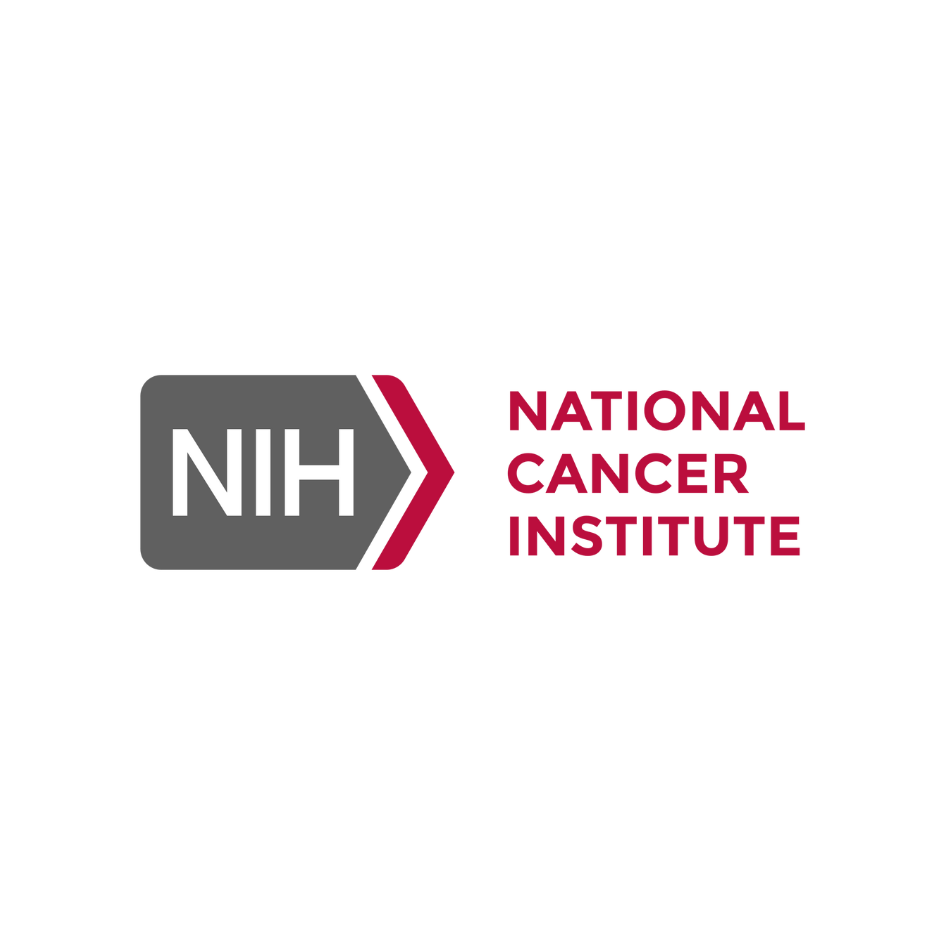Newly Diagnosed with pancreatic Cancer?
start your cancer education here
If you or a loved one has been diagnosed with pancreatic cancer, it's important to gather as much information as possible to navigate your cancer journey effectively. At American Cancer Fund, our goal is to provide you with essential knowledge about pancreatic cancer such as symptoms, risk factors, and the latest research advancements to help you become an active participant in your care.
What is Pancreatic Cancer?
Pancreatic cancer begins in the tissues of your pancreas — an organ in your abdomen that lies horizontally behind the lower part of your stomach. Your pancreas secretes enzymes that aid digestion and hormones that help regulate the metabolism of sugars.
Pancreatic cancer often has a poor prognosis, even when diagnosed early. Pancreatic cancer typically spreads rapidly and is seldom detected in its early stages, which is a major reason why it’s a leading cause of cancer death. Signs and symptoms may not appear until pancreatic cancer is quite advanced and surgical removal isn’t possible.
Understanding your pancreas
Your pancreas is about 6 inches (15 centimeters) long and looks something like a pear lying on its side. The pancreas is a crucial part of your digestive system. It secretes hormones, including insulin, to help your body process sugar. And it produces digestive juices to help your body digest food.
How pancreatic cancer forms
Pancreatic cancer occurs when cells in your pancreas develop genetic mutations. These mutations cause the cells to grow uncontrollably and to continue living after normal cells would die. These accumulating cells can form a tumor.
Feel prepared for every appointment
Carrying the right information can empower you during your cancer care journey. Use these tools to help organize this information so you can be an active participant in your cancer care.
Keep them handy for use at home and bring them along to your doctor visits and other medical appointments.





